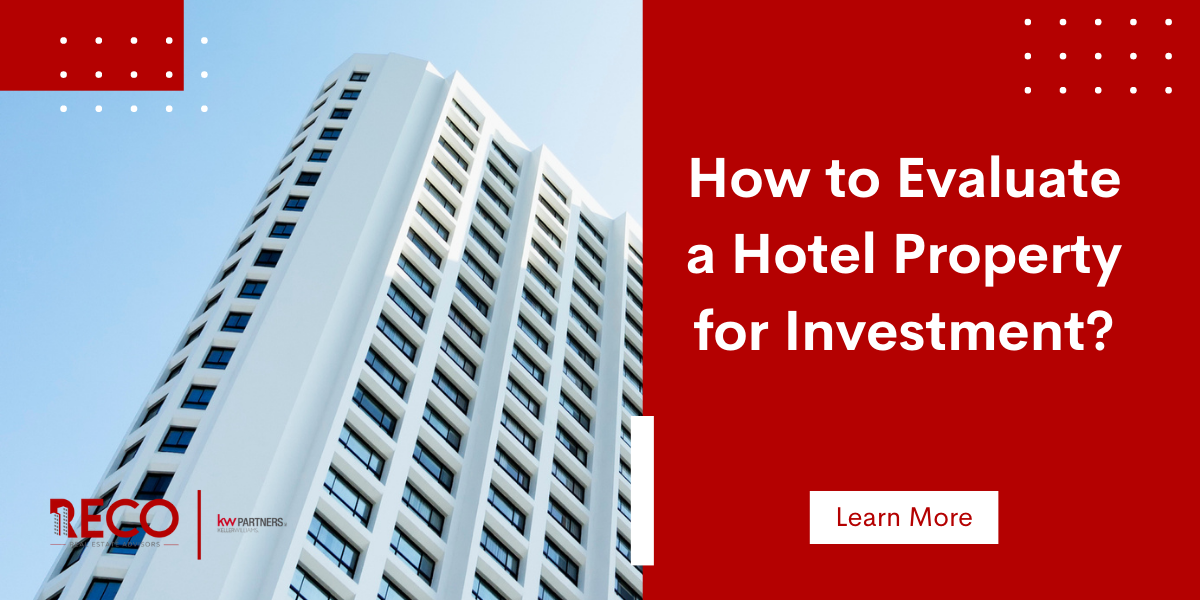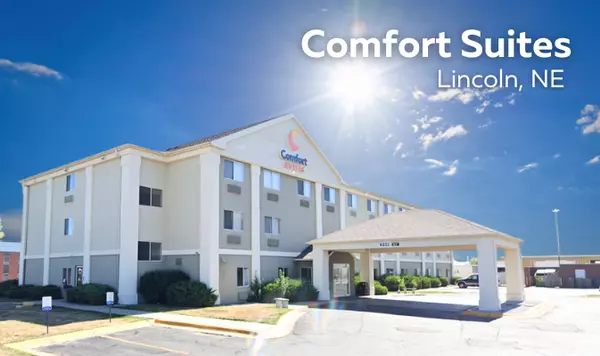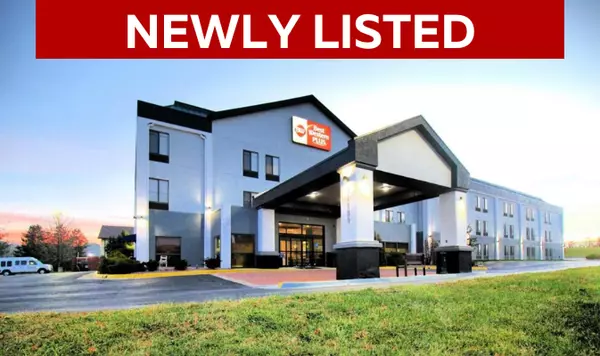How to Evaluate a Hotel Property for Investment
 How to Evaluate a Hotel Property for Investment:
How to Evaluate a Hotel Property for Investment:
Investing in hotel properties can be a rewarding venture, but it requires careful consideration and due diligence. The hospitality industry is complex, and the success of your investment can depend on a variety of factors. Here's a more detailed guide on how to evaluate a hotel property for investment.
1. Location
The location of the hotel is paramount. It's not just about the city or country the property is in, but also its location within that area. Consider the property's proximity to tourist attractions, business centers, transportation hubs, and other amenities that might attract guests. Is it in a bustling downtown area, or is it in a quieter, more residential neighborhood? Each has its own advantages and potential drawbacks. Additionally, research the area's tourism trends, economic stability, and future development plans. Is the area growing? Are there plans for new attractions or developments that could increase demand for hotel rooms?
2. Market Analysis
Understanding the market is crucial. Look at the supply and demand dynamics in the area. How many hotels are there? What types are they (luxury, budget, boutique)? How often are they booked? What are their average daily rates? This information can give you an idea of the competition and potential profitability. It's also important to understand the customer base. Are guests primarily tourists or business travelers? Understanding who your guests will be can help you tailor your services and amenities to meet their needs.
3. Property Condition
The condition of the property can significantly impact your initial investment and ongoing maintenance costs. A professional property inspection can help identify potential issues, such as structural problems, outdated systems, or compliance issues. It's not just about the current state of the property, but also its potential for improvement. Could making certain renovations or updates significantly increase the property's value or appeal to guests?
4. Financial Performance
Review the hotel's financial records. Key metrics to consider include occupancy rate, average daily rate (ADR), and revenue per available room (RevPAR). These figures can give you insight into the hotel's performance and potential profitability. But don't just look at the numbers. Try to understand what factors are driving them. For example, if the hotel has a high occupancy rate, is it because of a unique service or amenity it offers, or is it simply due to a lack of competition?
5. Brand Affiliation
If the hotel is affiliated with a brand, consider the benefits and drawbacks. Brand affiliation can attract guests and provide operational support, but it also comes with fees and restrictions. It's also important to consider the reputation of the brand. Does it align with the image you want for your hotel? Will it attract the type of guests you're targeting?
6. Operational Costs
Understand the costs of running the hotel. This includes staffing, maintenance, marketing, utilities, taxes, and insurance. These costs can significantly impact your bottom line. It's also important to consider potential unexpected costs. For example, if a major system like plumbing or HVAC needs to be replaced, do you have the funds to cover it?
7. Legal and Regulatory Considerations
Ensure you're aware of any zoning laws, licensing requirements, or regulations that could affect your operation. It's also important to understand the implications of any existing contracts, such as franchise agreements or vendor contracts. Legal and regulatory compliance is not just about avoiding penalties or lawsuits. It can also affect your hotel's reputation and relationship with the community.
8. Future Potential
Consider the hotel's growth potential. Are there opportunities for expansion or renovation? Can new services or amenities be added? Is there potential to increase rates or occupancy? It's not just about the hotel's current performance, but also its potential for growth. A hotelthat may not be performing well now could be a great investment if there are clear opportunities for improvement and growth.
9. Economic Conditions
Consider the economic conditions of the region where the hotel is located. For example, buoyant economic conditions can lead to an increase in costs, as seen in Germany where rising payroll costs and inflation rates have challenged profit levels at hotels. However, a strong economy can also mean more business travelers and tourists, which could increase demand for hotel rooms. It's important to understand how the broader economic conditions could affect your hotel's profitability.
10. Market Saturation
Consider the level of market saturation. In areas where there is a significant addition to hotel stock, demand levels can be diluted, impacting revenue and profit levels. This has been observed in Berlin, where significant additions to hotel stock have led to declines in room occupancy and revenue. However, a saturated market can also mean that there is a high demand for hotel rooms, and a well-managed hotel could still thrive.
11. Exit Strategy
Finally, consider your exit strategy. If you need to sell the property, how easy would it be to find a buyer? What would the potential return on investment be? Having an exit strategy is important because it can influence your decisions about how much to invest in the property and what kind of hotel to operate. For example, if you plan to sell the hotel in a few years, you might choose to operate a budget hotel that can quickly generate revenue, rather than a luxury hotel that could take longer to become profitable.
Investing in hotel properties can be rewarding, but it requires careful consideration and due diligence. By thoroughly evaluating potential properties, you can make informed decisions that maximize your chances of success. Remember, every hotel is unique, and what works for one property might not work for another. It's important to take a holistic view of the property and consider all the factors that could affect its profitability.
Categories
Recent Posts










GET MORE INFORMATION

